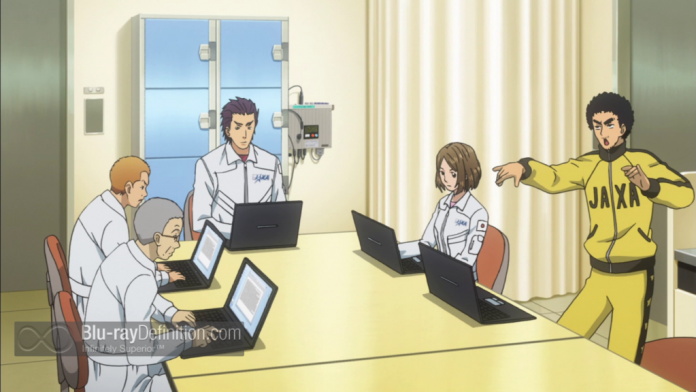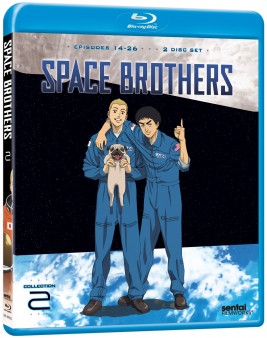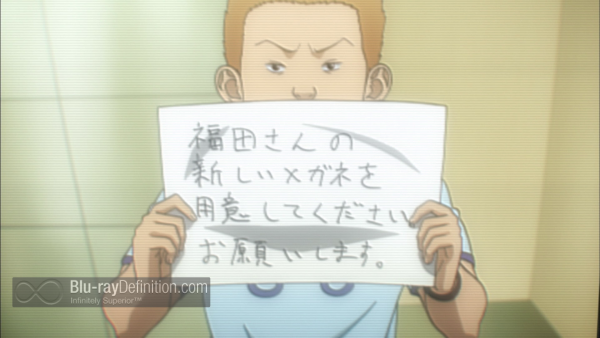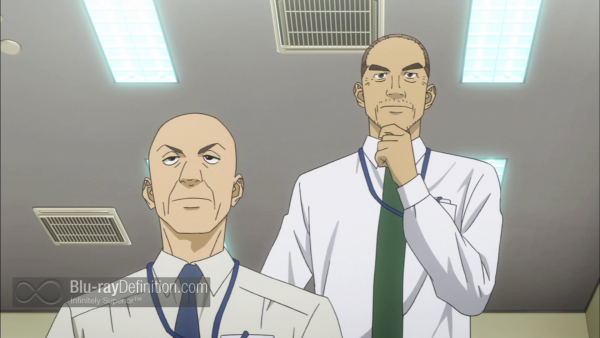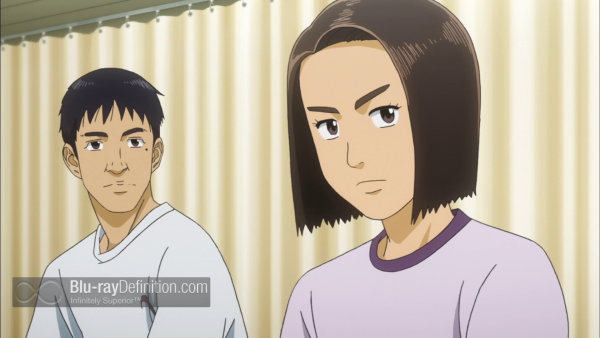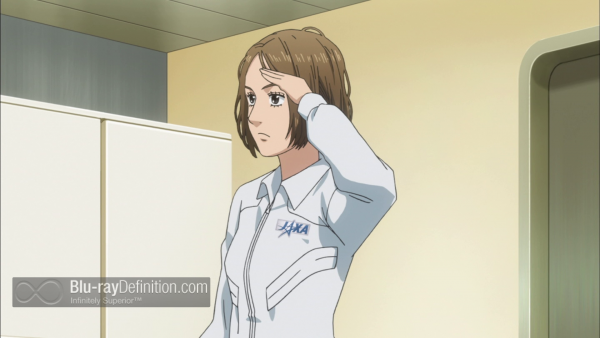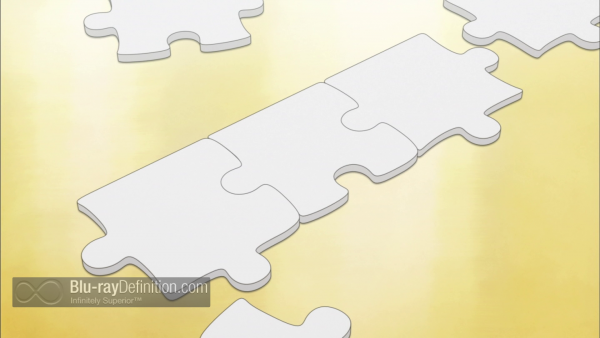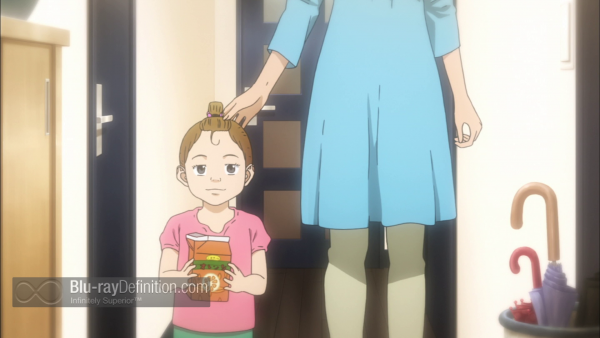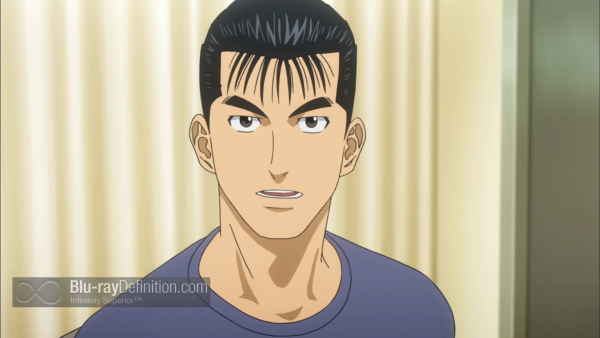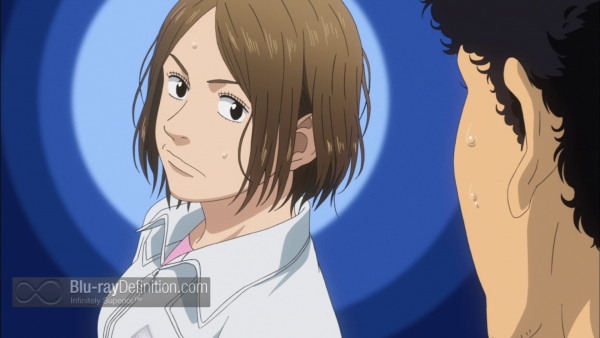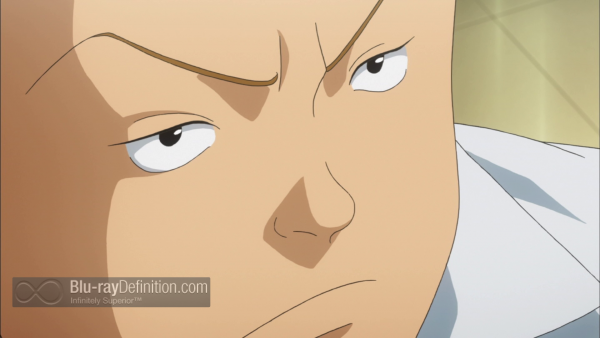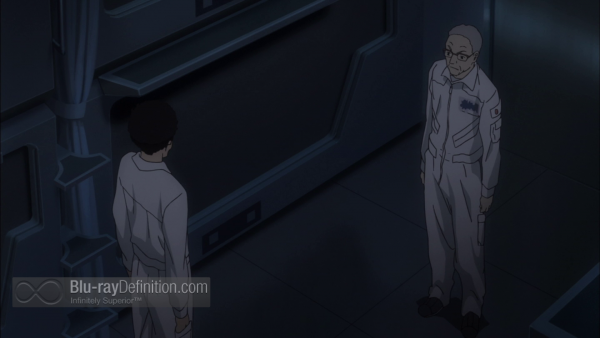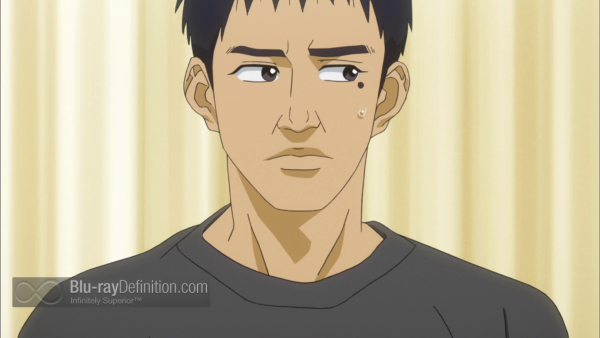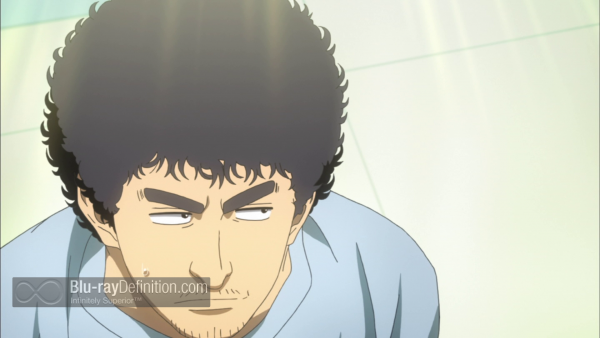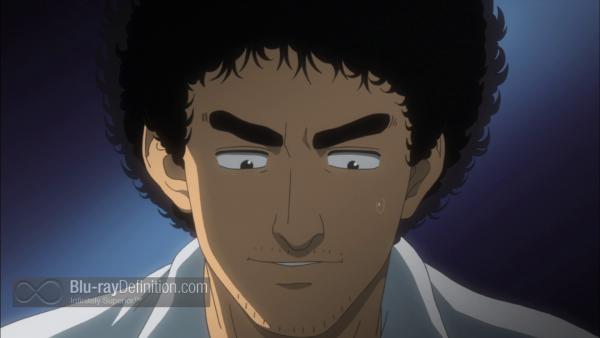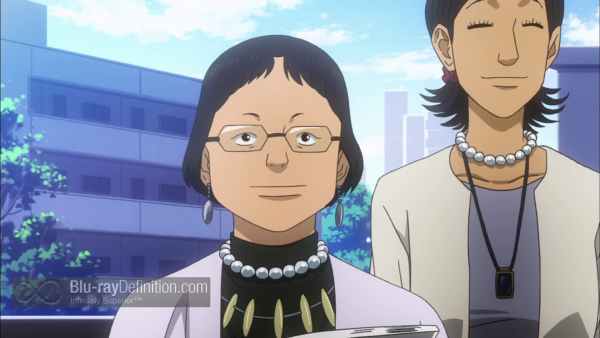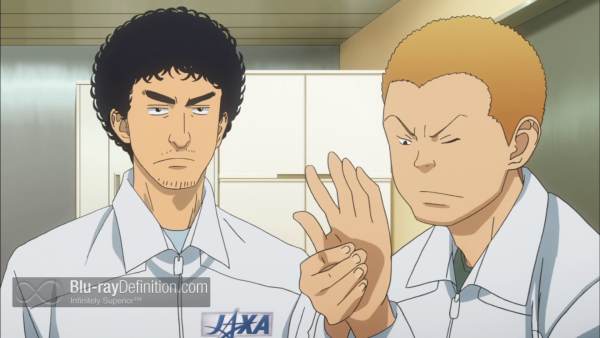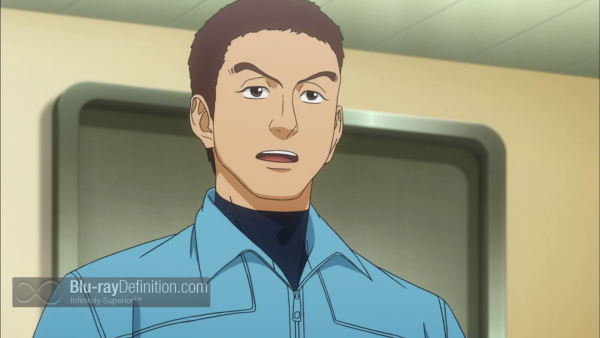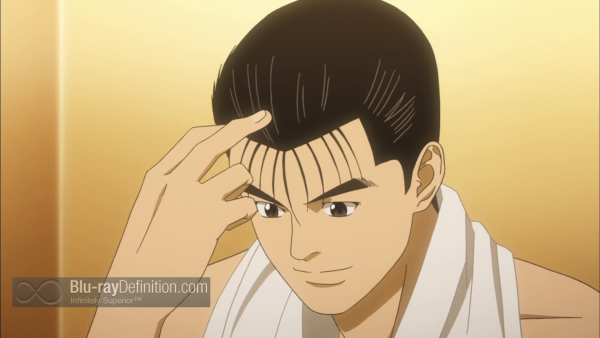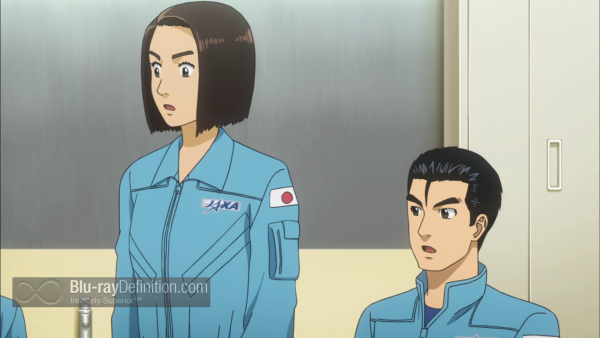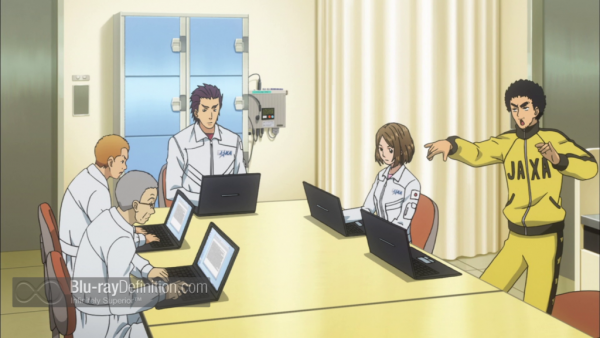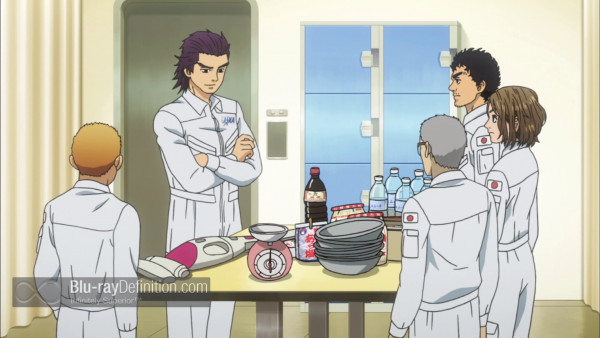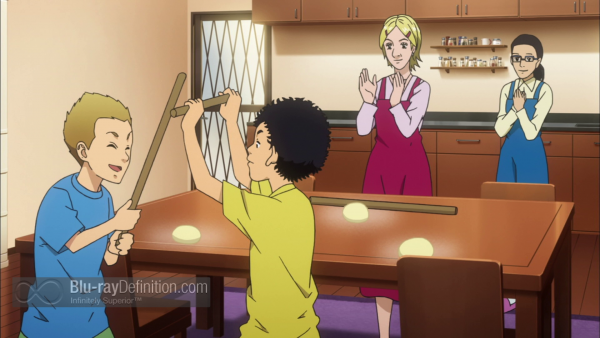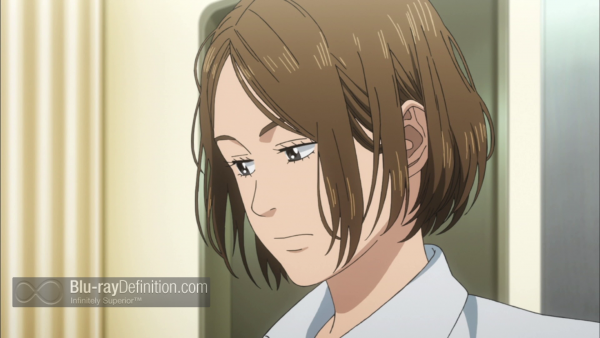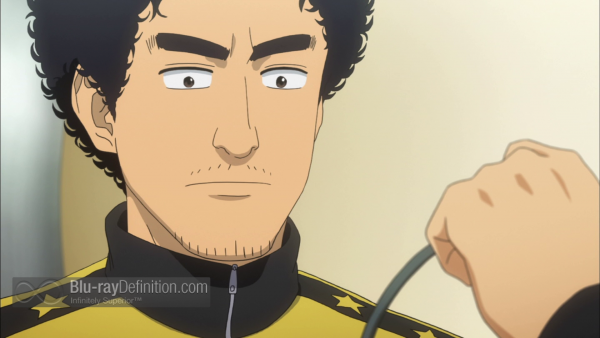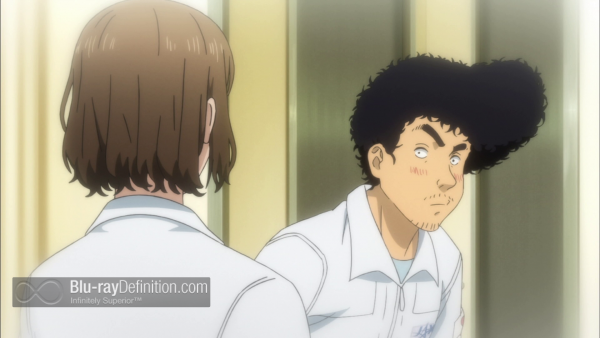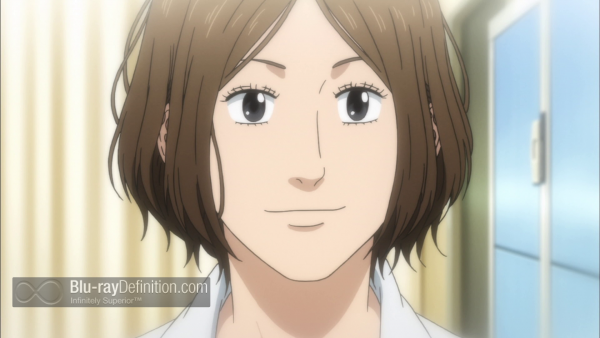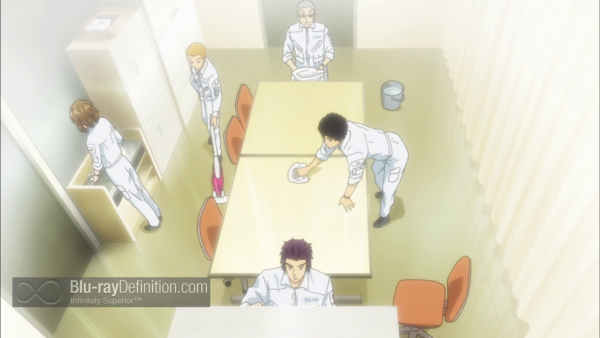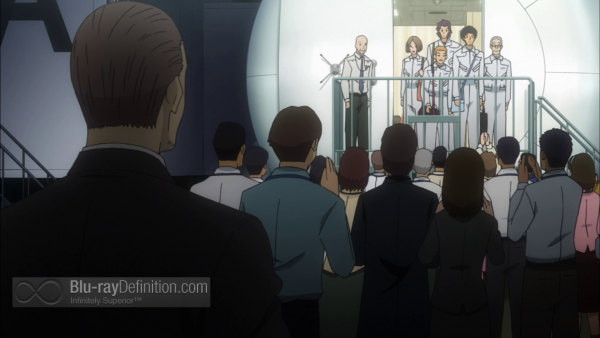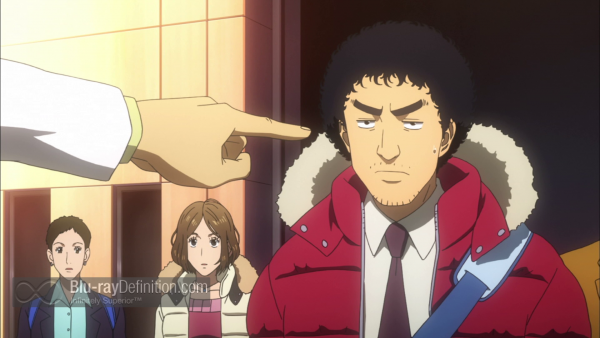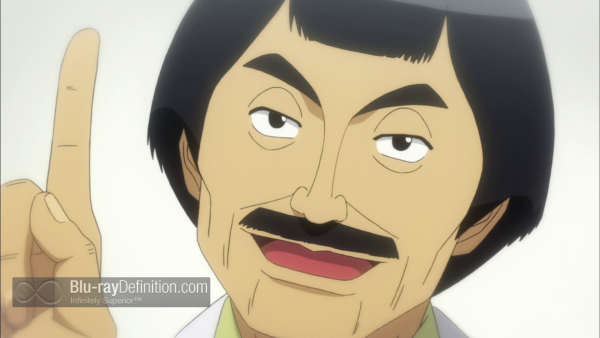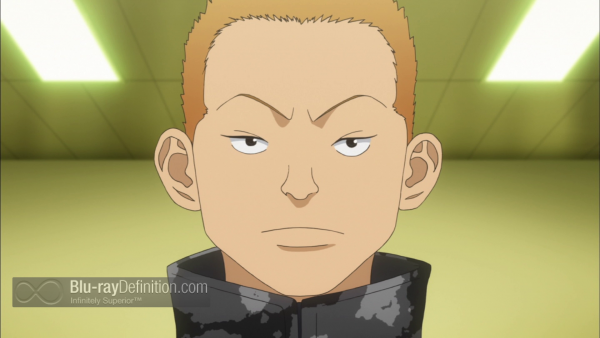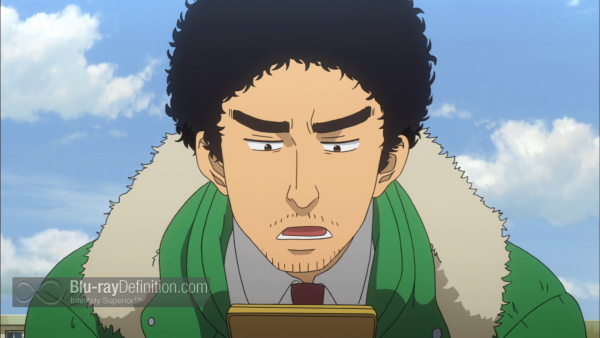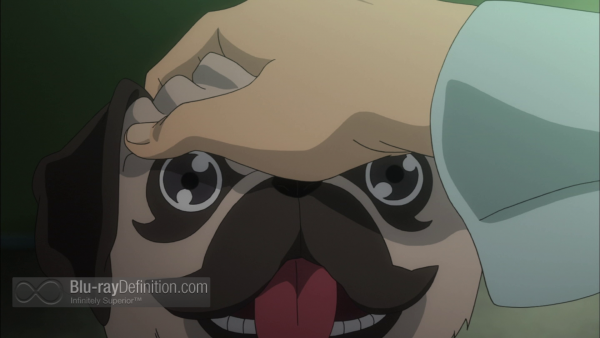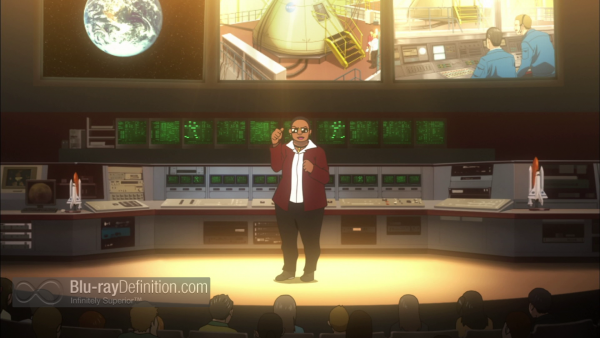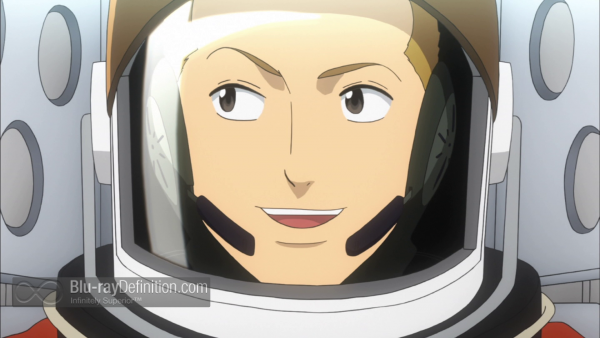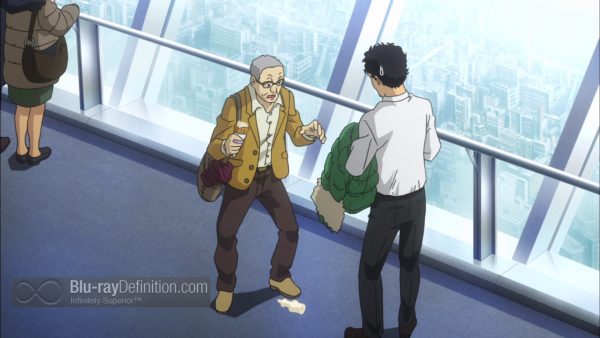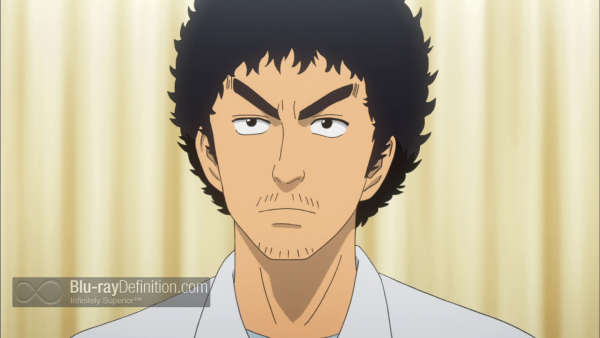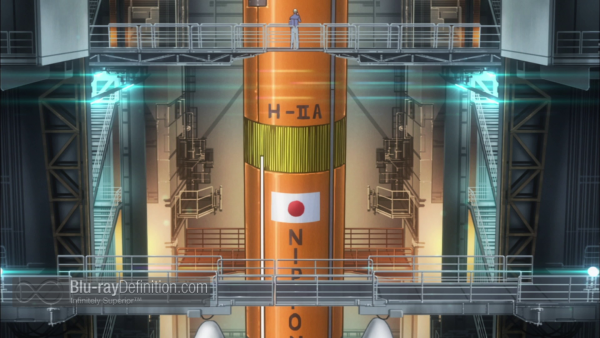– –
The Series
[Rating:4.5/5]
Space Brothers (宇宙兄弟) is an anime series based on the manga series by Koyama Chūya. The sci-fi/comedy/drama is set ten years into the future, 2025, and follows two brothers obsessed with going to space.
When they were younger, in 2006, Nanba Mutta and his younger brother Hibito, believed they saw a UFO. From that point on, the two boys were determined to become astronauts and go into space. Mutta, being the older brother, bore the brunt of the stress to fulfill this goal for the two of them, always feeling that as “an older brother’s duty to stay ahead of his younger brother.” This pressure led Mutta to become so stressed that he diverged from his goals. Years later, in 2025, Mutta’s life is not so successful, but Hibito is on the verge of fulfilling the goal of going to space. NASA is building a colony on the moon and Hibito has been picked by NASA as the first Japanese astronaut to go to the moon. Mutta, meanwhile, has lost his job as an engineer at an automotive company after headbutting a superior who insulted his brother. Unemployed, listless, and living back at his parents’ house, he gets spurred on to re-initiate his goal to go to space when his brother Hibito encourages him to apply to a JAXA (Japan Aerospace Exploration Agency) astronaut training program and his mother sends in the application without his knowledge. From that point on, the series shifts gears, and follows Mutta, at the age of 31, as he tries to make his way through the three stages of the JAXA program to become one of only four trainees who will go on to become NASA astronauts and make it into space.
It’s Mutta’s struggle, self-doubt, wily way of rising to the occasion, and interaction with his fellow JAXA trainees that makes Space Brothers a pleasure to sit through. Although Mutta’s tendency toward self-deprecation and pessimism is sometimes at odds with the series’ progression (how he seems to manage to succeed despite these faults), one still wants to root for him, and his close circle of JAXA friends, such as the attractive young female trainee Ito Serika, a research doctor, and Makabe Kenji, a confident young married father who instantly becomes his friend. The musical score also adds a strong sense of determination and mettle with its brass fanfares recalling Copland’s “Fanfare for the Common Man” or perhaps even Britten’s Young Person’s Guide to the Orchestra.
On the whole, the first thirteen episodes of the series were a refreshing breath of fresh air as far as anime series come. The foundation of the series is its solid collection of characters and subtle mixture of comedy, drama, and the human experience, forgoing the usual anime clichés for something more grounded, while still being in the sci-fi genre.
The second collection covers episodes 14-26 and deals mainly with Mutta’s challenge during the final test of JAXA’s astronaut program. The final picks are bussed to a secret location and separated into three teams where they are then placed in sealed housings meant to replicate space capsules. JAXA watches their every move and gives them tasks to complete, physical and mental, and on the final day each of them has to decide which one of them is best suited to be chosen to be an astronaut for NASA. The one fortunate aspect for Mutta is that is crush, Serika, is placed on his team.
These episodes allow a few more characters to come into the series and expand its world somewhat, but also collapses it, since it is basically stuck in the confines of the JAXA test capsule. It may be a bit claustrophobic, but the writing and the story make it completely enthralling.
Mutta is forced to use his wiles and become a team player rather than just think about advancing his own interests and his friend Kenji, on another team, is put up a against a rival who is suspicious of him from the beginning and determined to make sure he is not the one chosen to advance.
The tension is palpable, but there is also enough comedy still mixed in to make this second collection more than enjoyable and not a burden in anyway to get through.
Video Quality
[Rating:4/5]
The encodement is the same as before, an AVC/MPEG-4 10180p transfer of the digital animation to Blu-ray from Sentai Filmworks. I’ve marked this up a notch over collection 1 even though it looks basically the same, still showing some softness and slight color banding, but I didn’t spot any posterization, at least none that caught my eyes.
Audio Quality
[Rating:4/5]
This set again comes with a singular Japanese DTS-HD Master Audio 2.0 (48kHz/24-bit) soundtrack. The sound is solid, with wide stereo panning of sound effects, clear dialogue, and a good balance of the energetic fanfare that plays throughout as part of the musical score. I still throughly enjoyed the voice cast here, especially the voice of Mutta, Hirata Hiroaki.
Supplemental Materials
[Rating:0.5/5]
We get only the usual clean opening and closing animations plus additional Sentai Filmworks trailers.
The Definitive Word
Overall:
[Rating:3.5/5]
The second collection of Space Brothers advances the saga of Nanba Mutta on his way to fulfilling his lifelong dream of going to space. It’s every bit as enjoyable as the first collection of episodes and should be picked up.
Additional Screen Captures
[amazon-product]B00R9O4U3I[/amazon-product]
[amazon-product]B00R9O4U3I[/amazon-product]


